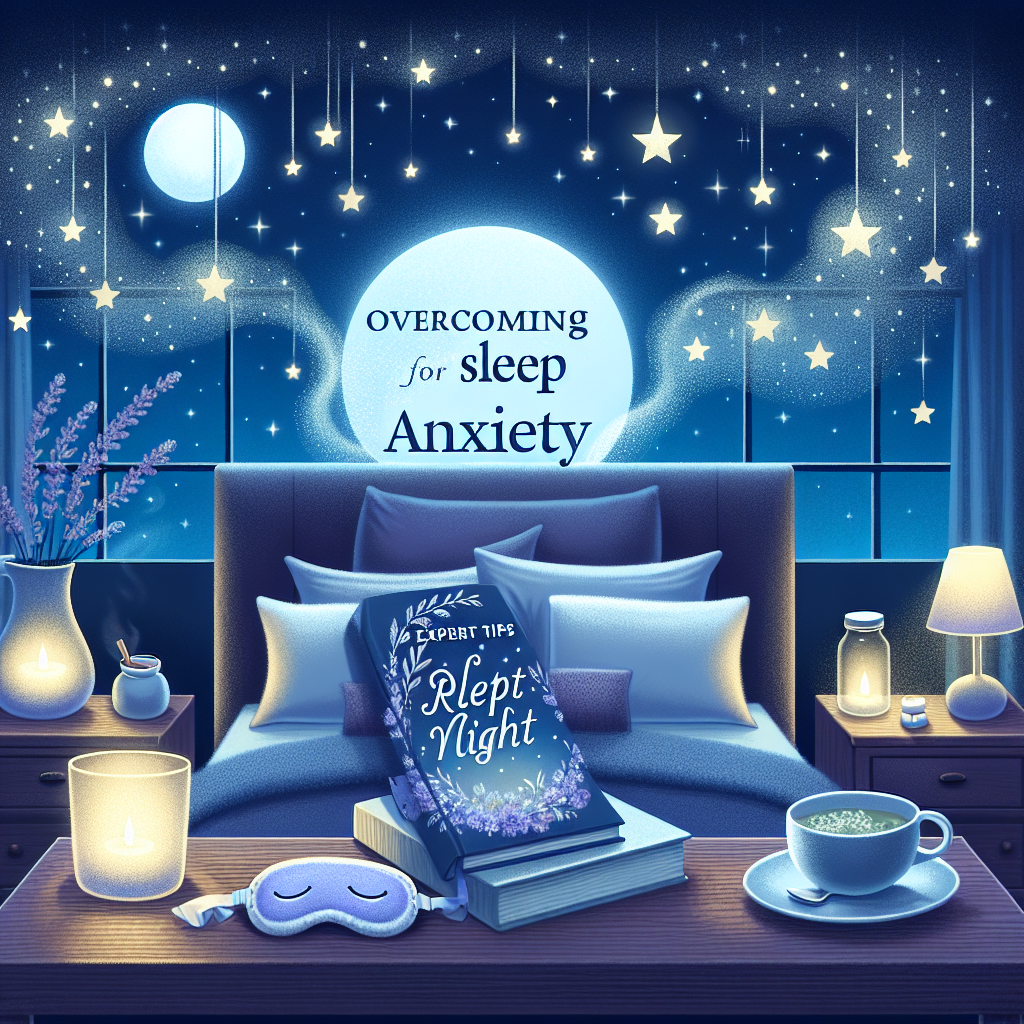Sleep Anxiety Is the Worst. Here’s How to Deal
There are few things more frustrating than sleep anxiety. It’s 10 p.m. You’re enjoying your evening skin care routine. You’re brewing a cup of chamomile tea. You’re slipping into something silky. But then, all of a sudden, there it is: that creeping fear that you will not in fact be able to drift off to dreamland, that anxiety about sleep will keep you up for hours, doomscrolling in a fit of revenge bedtime procrastination. The more you think about this bedtime possibility, the more anxious you get. The vicious sleep anxiety cycle has begun.
What is Sleep Anxiety?
Sleep anxiety is stress or worry relating to your ability to fall asleep or maintain sleep. It can be triggered by stress about an early alarm you’re afraid you’ll sleep through, the memory of a terrible night’s sleep earlier in the week, or maybe nothing at all. The anxiety can manifest itself in physical, cognitive, or behavioral symptoms.
Who is Most Likely to Have Sleep Anxiety?
Since sleep deprivation and anxiety fuel each other, you’re more likely to have sleep anxiety if you have generalized anxiety. Lack of sleep affects the frontal lobe of the brain, which is involved in executive functioning, decision making, and problem solving.
Why You Need to Deal with Anxiety About Sleep
If you’re constantly having trouble falling asleep or can’t stay asleep, it’s something you should address. Those experiencing symptoms relating to sleep anxiety are more likely to develop a sleep disorder, such as insomnia. Chronic lack of sleep can increase your risk of high blood pressure and heart disease.
How to Treat Sleep Anxiety
- Consider therapy: Cognitive behavioral therapy (CBT) is effective at treating sleep anxiety.
- Give yourself a pep talk: Reframe negative thoughts into more constructive beliefs.
- Put your phone in another room: Reduce stimulation from digital media and the light emitted by electronics.
- Create a bedtime routine: Set aside at least 30 minutes to wind down before bed.
- Meditate: Meditation helps reduce stress and anxiety triggers.
- Try a breathing exercise: Use the 4-7-8 breathing method to induce relaxation.
- Practice muscle relaxation: Tense and relax your muscles progressively while lying in bed.
- Go for a walk: Exercise can help reduce stress levels.
- Stick to a schedule: Maintain a consistent bedtime and wake-up time.
- Don’t check the clock: Avoid looking at the clock when you wake up at night.
- Stay in bed: Allow yourself to rest even if you can’t fall back asleep immediately.
Dealing with sleep anxiety is crucial for your overall health and well-being. By implementing these strategies, you can take steps towards a more restful and rejuvenating night’s sleep.
